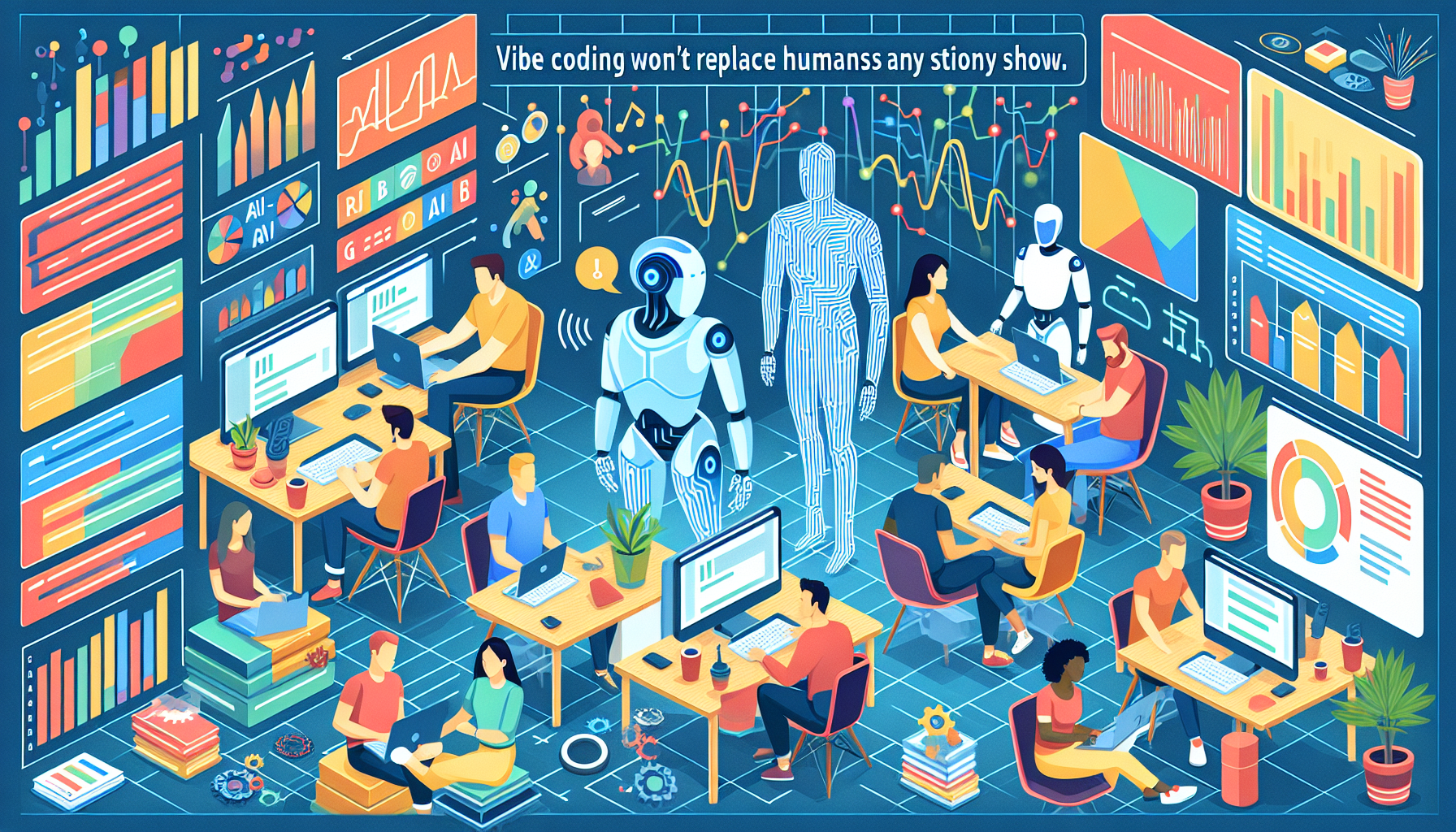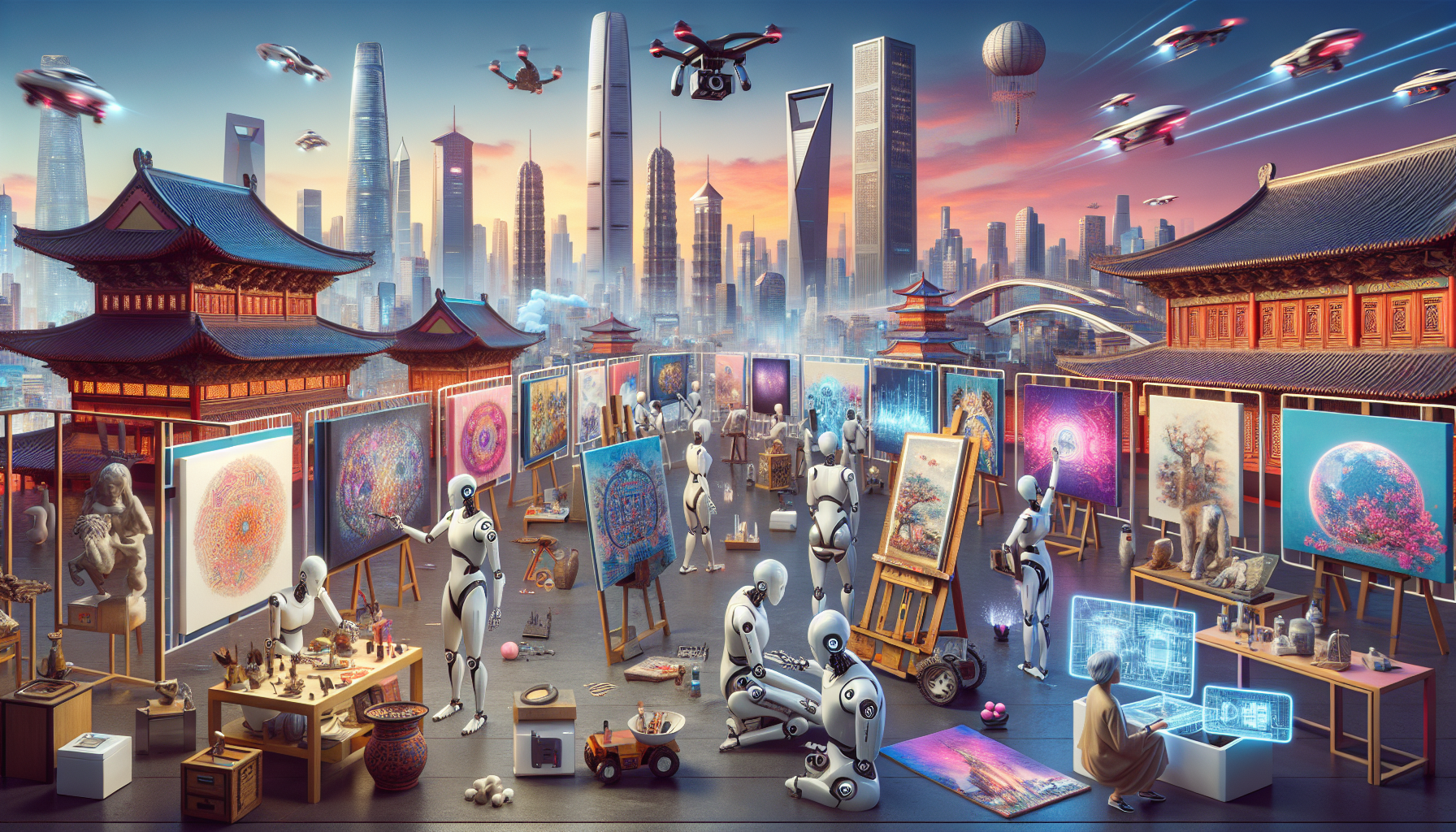Key Takeaways
- Code accuracy drops 53% when AI agents work without human oversight
- Walmart creates "agent developer" roles instead of replacing programmers with AI
- Vibe coding promises faster development but requires structured human feedback loops
Why It Matters
The dream of AI agents cranking out flawless code while developers sip margaritas on a beach just hit a reality check. A new academic study reveals that autonomous coding agents become surprisingly unreliable when left to their own digital devices, with accuracy plummeting by more than half without human guidance. This isn't just a minor hiccup—it's a fundamental limitation that suggests the coding apocalypse has been greatly exaggerated.
What's particularly fascinating is how major enterprises like Walmart are responding to this reality. Instead of pink-slipping their developers, they're creating hybrid roles where humans act as conductors of AI orchestras. This "interactive autonomy" approach recognizes that while AI can handle the heavy lifting of code generation, humans remain essential for context, judgment, and keeping the whole operation from going sideways. It's less "robot takeover" and more "really smart intern who needs constant supervision."
The emergence of "vibe coding"—where developers prompt AI in natural language to build entire applications—represents a genuine shift in how software gets made, but not necessarily who makes it. Small businesses might finally afford custom development through AI assistance, while larger organizations are discovering that the sweet spot lies in structured collaboration rather than full automation. The future of coding appears to be less about replacing programmers and more about amplifying their capabilities, assuming they're willing to babysit their artificial colleagues.



